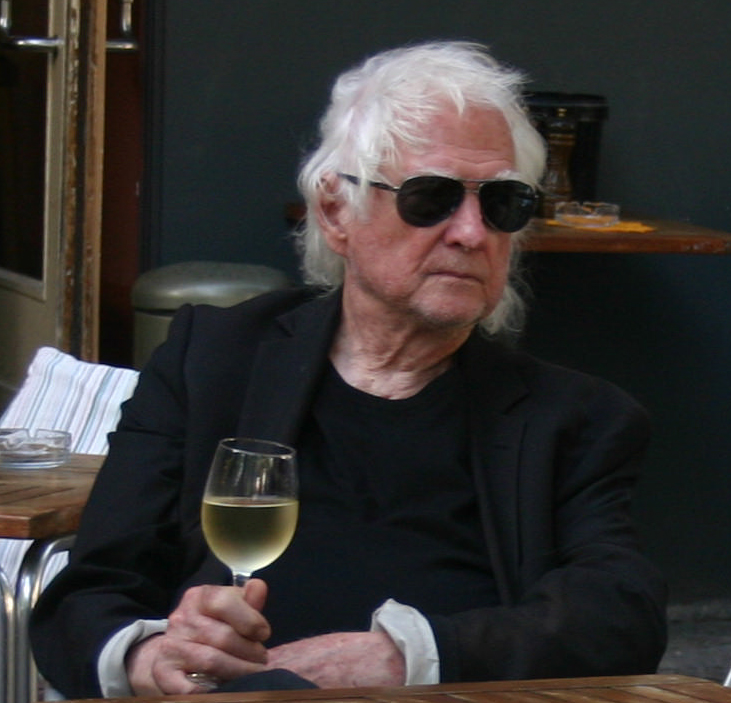Article begins
Edwin Wilmsen died on June 6, 2023, in Berlin, where he lived with his wife Anne Griffiths, a professor of law. Born in Texas in 1932 to parents who had immigrated from Germany, Ed was a man of many talents, ranging from scholarship based on extensive field, documentary, and archival research to poetry and reflexivity. Originally trained as an architect, he was drawn to archaeology and sociocultural anthropology through wide reading and encounters with well-known figures in anthropology, such as Evon Vogt. His considerable contributions to archaeology are described by James Denbow in The SAA Archaeological Record. He held research and teaching positions at numerous institutions, including the University of Arizona, University of Texas, University of California, Boston University, and University of Witwatersrand.

In the mid-1970s, Ed began his most notable work, in the Kalahari Desert, where he carried out field research for more than four decades. In 1989, he published his groundbreaking book Land Filled with Flies: A Political Anthropology of the Kalahari, which won the Herskovits Prize from the African Studies Association and the Graham Prize from the School of Oriental and African Studies in London. The book is a sustained challenge to views of San (Bushman) groups as living exemplars of “Stone Age” people, showing through detailed archaeological and sociocultural investigation, along with considerable historical and archival research, that San groups had not been isolated for millennia but had been in variable contact with traders and others over long periods of history in southern Africa. Rather than constituting a “window into the Pleistocene” or “on the threshold of the Neolithic,” San groups had shifted over time between hunting and gathering and cattle-keeping, depending on their contacts with incoming traders, Bantu settlers, and, later, European settlers, and had complex social relations over land and water sources and intricate relations with other San groups based on kinship, friendship, neighborhood, place, and exchange.
Rejecting the placement of San within a deterministic “ecological model,” Wilmsen read their history through the concept of “unequal incorporation” into state formation, an inequality seen still today in southern Africa. The book marked “a sea change in Kalahari scholarship . . . covering archaeological, archival, ethnographic, linguistic, and biological evidence,” and revealed Wilmsen to be “the last of the generalists in anthropology competent to synthesize these fields,” according to a 1990 review by Robert Gordon in Southern African Review of Books. Ed’s passionate concern to situate contemporary research in longer-term processes of politics, power, and (in)equality produced many publications on questions of ethnicity, identity, and inequality, including class (e.g., The Politics of Difference: Ethnic Premises in a World of Power, which he coedited with Patrick McAllister).
A decade after the publication of Land Filled with Flies, and while a furious debate was raging over its critical thesis, Ed published Journeys with Flies in 1999. Dedicated to “those who are in it,” the book offers a sustained epistemological challenge to any ethnographic work that forgets “to ask them what they think of us, what they might perceive for themselves.” Weaving together poems, personal reflections, and fragmented depictions of his shared experiences with interlocutors in the “remote” Kalahari region, Ed argued that “Our understanding of other peoples lies not in themselves or in anything that they do but in our experience of them.” The book explores in fragmented and lyrical ways such experience “that is lived partly in the world and partly in a shell of our world that we wear when we meet them.” Ed offers in this book a courageous and sophisticated experiment that seeks to portray the realities of people’s lives and how anthropologists’ deep personal experience intertwines with theirs. Overall, the published research of Edwin Wilmsen reveals a master of fieldwork, rigorous scientific methodology, and reflexive, experimental engagement with fundamental questions of anthropological research.
Ed is survived by five children (twins Rick and Dave, Nancy, Carl and Lisa) by his first wife, Susan (also deceased); twelve grandchildren; nine great grandchildren; his younger brother, Billy; and Anne, his wife since 1994. They, as well as many colleagues and friends, all greatly miss Ed’s lively mind, wit, and humor.
(Pauline Peters, Pnina Motzafi-Haller).

